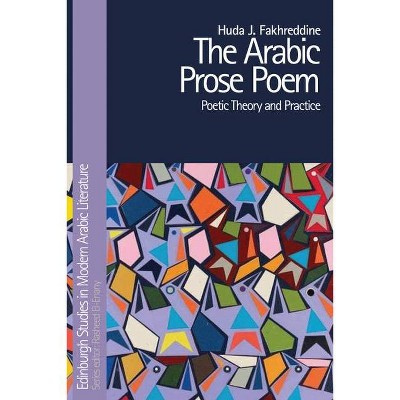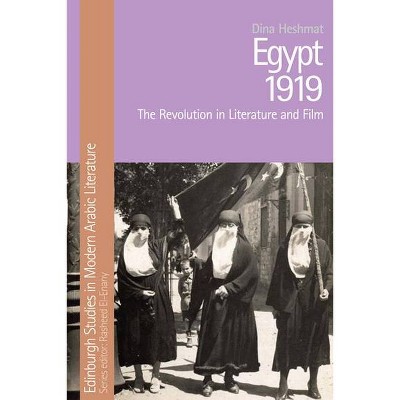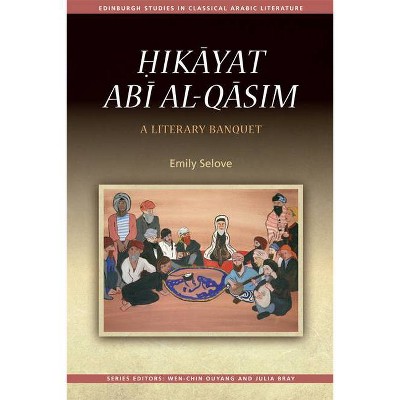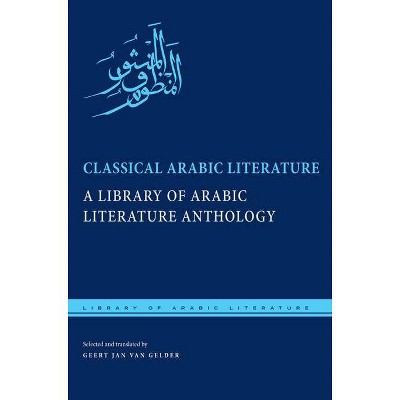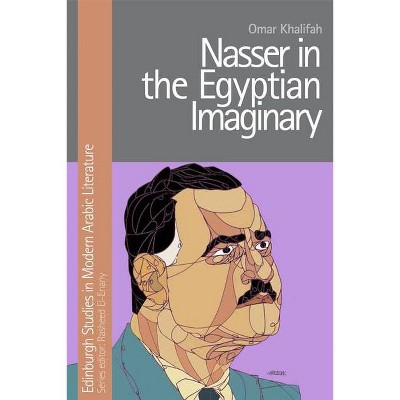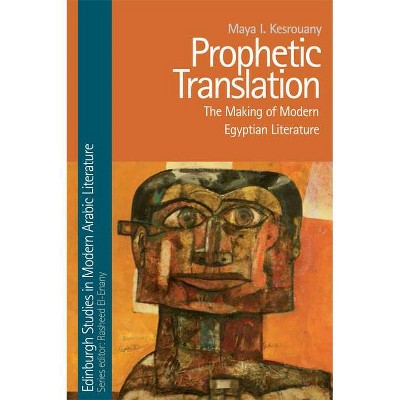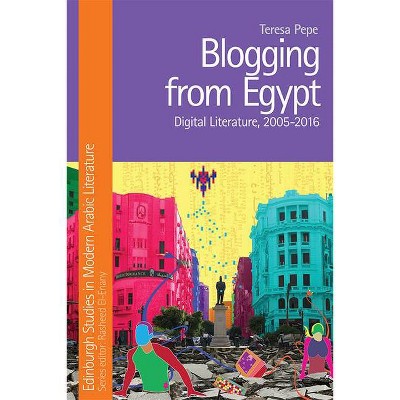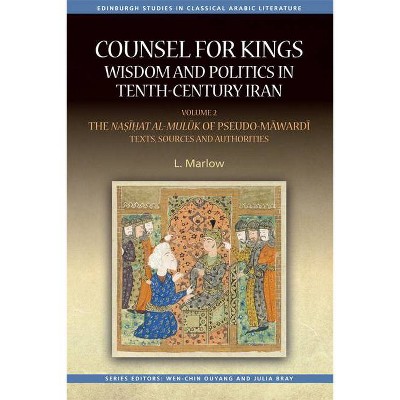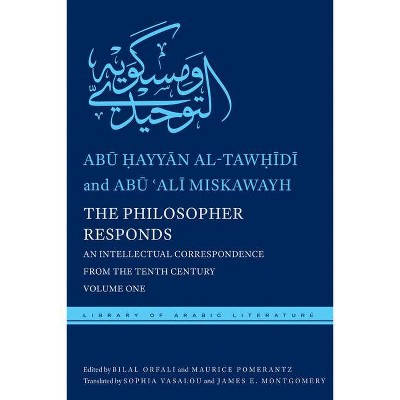Recognition in the Arabic Narrative Tradition - (Edinburgh Studies in Classical Arabic Literature) by Philip F Kennedy (Hardcover)
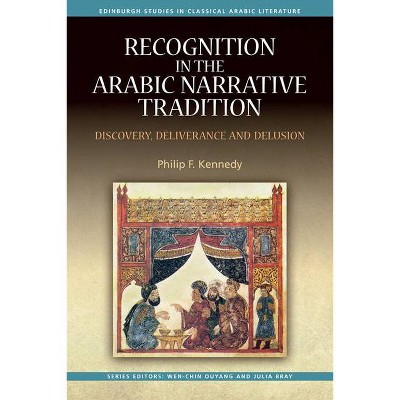
Similar Products
Products of same category from the store
AllProduct info
<p/><br></br><p><b> About the Book </b></p></br></br><p>Offers new vistas for reading, understanding and interpreting Arabic literature as well as the culture in which it was produced.</p><p/><br></br><p><b> Book Synopsis </b></p></br></br><p>According to Aristotle, a well-crafted recognition scene is one of the basic constituents of a successful narrative. It is the point when hidden facts and identities come to light--in the classic instance, a son discovers in horror that his wife is his mother and his children are his siblings. Aristotle coined the term 'anagnôrisis' for the concept. In this book Philip F. Kennedy shows how 'recognition' is key to an understanding of how one reads values and meaning into, or out of, a story. He analyses texts and motifs fundamental to the Arabic literary tradition in five case studies: the Qur'an; the biography of Muhammad; Joseph in classical and medieval re-tellings; the 'deliverance from adversity' genre and picaresque narratives.</p><p/><br></br><p><b> From the Back Cover </b></p></br></br>The first study to analyse the recognition scene in the Arabic narrative tradition According to Aristotle, a well-crafted recognition scene is one of the basic constituents of a successful narrative. It is the point when hidden facts and identities come to light - in the classic instance, a son discovers in horror that his wife is his mother and his children are his siblings. Aristotle coined the term 'anagnorisis' for the concept. In this book Philip F. Kennedy shows how 'recognition' is key to an understanding of how one reads values and meaning into, or out of, a story. He analyses texts and motifs fundamental to the Arabic literary tradition in five case studies: the Qur'an; the biography of Muhammad; Joseph in classical and medieval re-tellings; the 'deliverance from adversity' genre; and picaresque narratives. Key Features - Offers new vistas for reading, understanding and interpreting Arabic literature as well as the culture in which it was produced - Provides a comparative perspective, appealing to students of narrative literature across linguistic, regional and cultural traditions - Highlights the importance of intertextuality, showing the various ways in which literature and other genres of writing must be read together as manifestations of one complex cultural narrative - Demonstrates the fruitfulness of interdisciplinarity in literary studies Philip F. Kennedy is Professor of Arabic Literature at New York University. He is author of The Wine Song in Classical Arabic Poetry: Abu Nuwas and the literary tradition (1997) and General Editor of the Library of Arabic Literature, a joint project of the NYU Abu Dhabi Institute and NYU Press. Cover image: 'maqamah of Kufa', a miniature from the illustrated MS by Yahya ibn Mahmud al-Wasiti, 1237 (c) akg-images / Pictures From History Cover design: [EUP logo] edinburghuniversitypress.com ISBN 978-1-4744-1372-5 Barcode<p/><br></br><p><b> About the Author </b></p></br></br><p>Philip F. Kennedy is Professor of Arabic Literature at New York University. He is author of The Wine Song in Classical Arabic Poetry: Abu Nuwas and the literary tradition (1997) and General Editor of the Library of Arabic Literature, a joint project of the NYU Abu Dhabi Institute and NYU Press.<p>
Price History
Price Archive shows prices from various stores, lets you see history and find the cheapest. There is no actual sale on the website. For all support, inquiry and suggestion messages communication@pricearchive.us
